A decade ago, wood or metal was the preferred tool for industrial flooring. Over time, there has been great innovation in the flooring industry. Rubber was made more flexible and introduced as an alternative, and PVC flooring became more durable and economical.
MAIN DIFFERENCES BETWEEN PVC FLOOR COVER AND RUBBER FLOOR BASE FOR DIFFERENT INDUSTRIES:
1. Chemical resistance: PVC flooring is compact and is known to be much less reactive than rubber. In the case of chemical leakage, the rubber can even ignite or melt. As for safety, don’t compromise and choose PVC over rubber.
2. Static resistance: Rubber carries static charges over its entire surface, making it very dangerous for industries that use a lot of electronics. Static charge not only damages the electronics, but is also known to cause a short circuit and interfere with the grounding installation. PVC, on the other hand, is a highly antistatic material.
3. Fire resistance: Rubber is highly flammable. The worse part is that the vapors from burning rubber are so toxic that they create a new danger. No industry can meet safety standards without a solution for fire resistance. PVC flooring has better performance in a collision with fire.
4. Slip resistance: This is an advantage that applies to both products. You will not be mistaken if you choose PVC flooring, considering the others and the benefits.
5. Life expectancy: Due to all the factors mentioned above, PVC has a much longer life span than rubber flooring. You can safely take a much lower risk if you choose this material. In addition to a durable solution, you also save on installation difficulties.
6. Electrical insulation: PVC progress has made the material a much better insulator than rubber.
All of the factors mentioned above should allow you to make the right choices while choosing the flooring for your business.
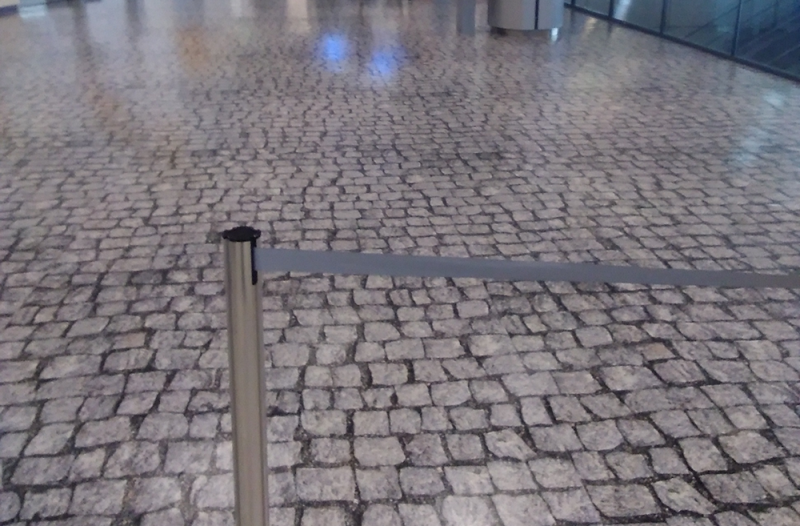
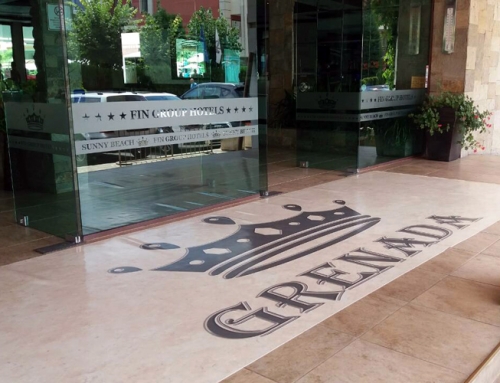
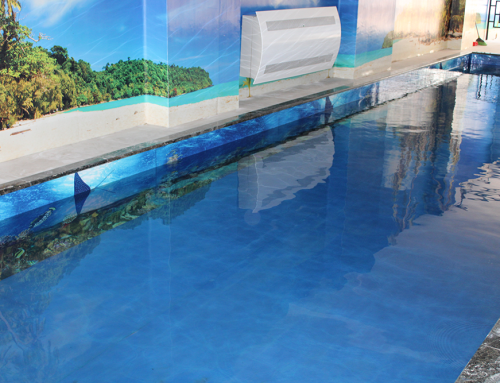


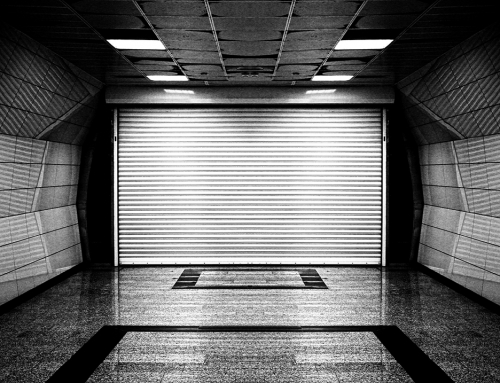

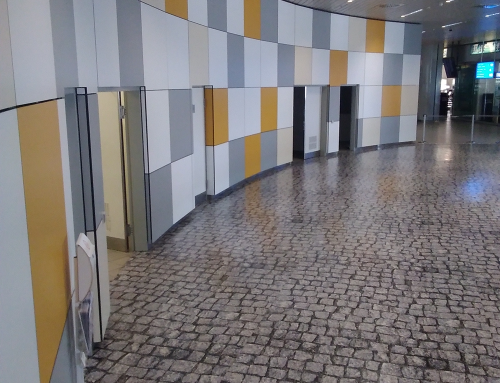






Recent Comments